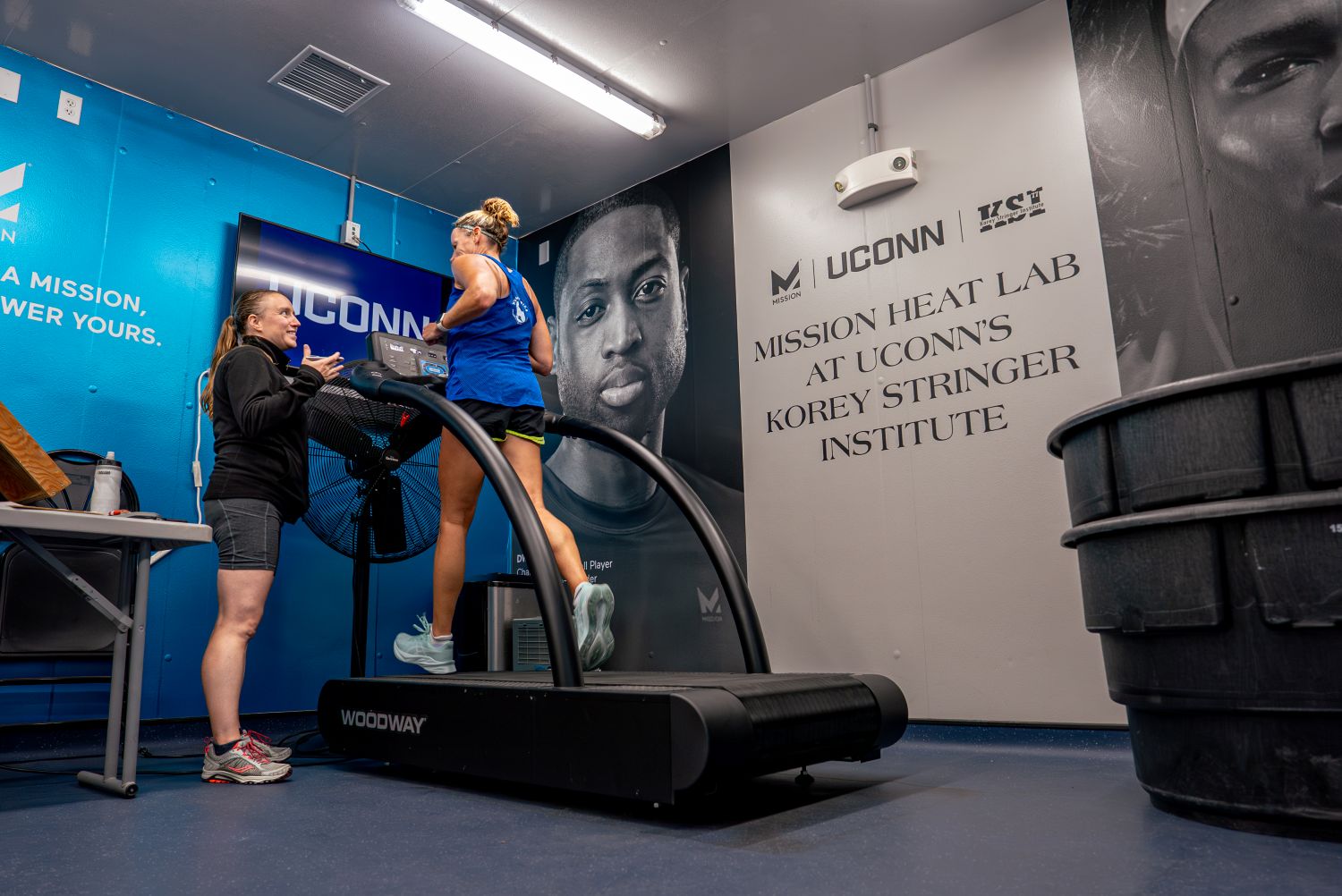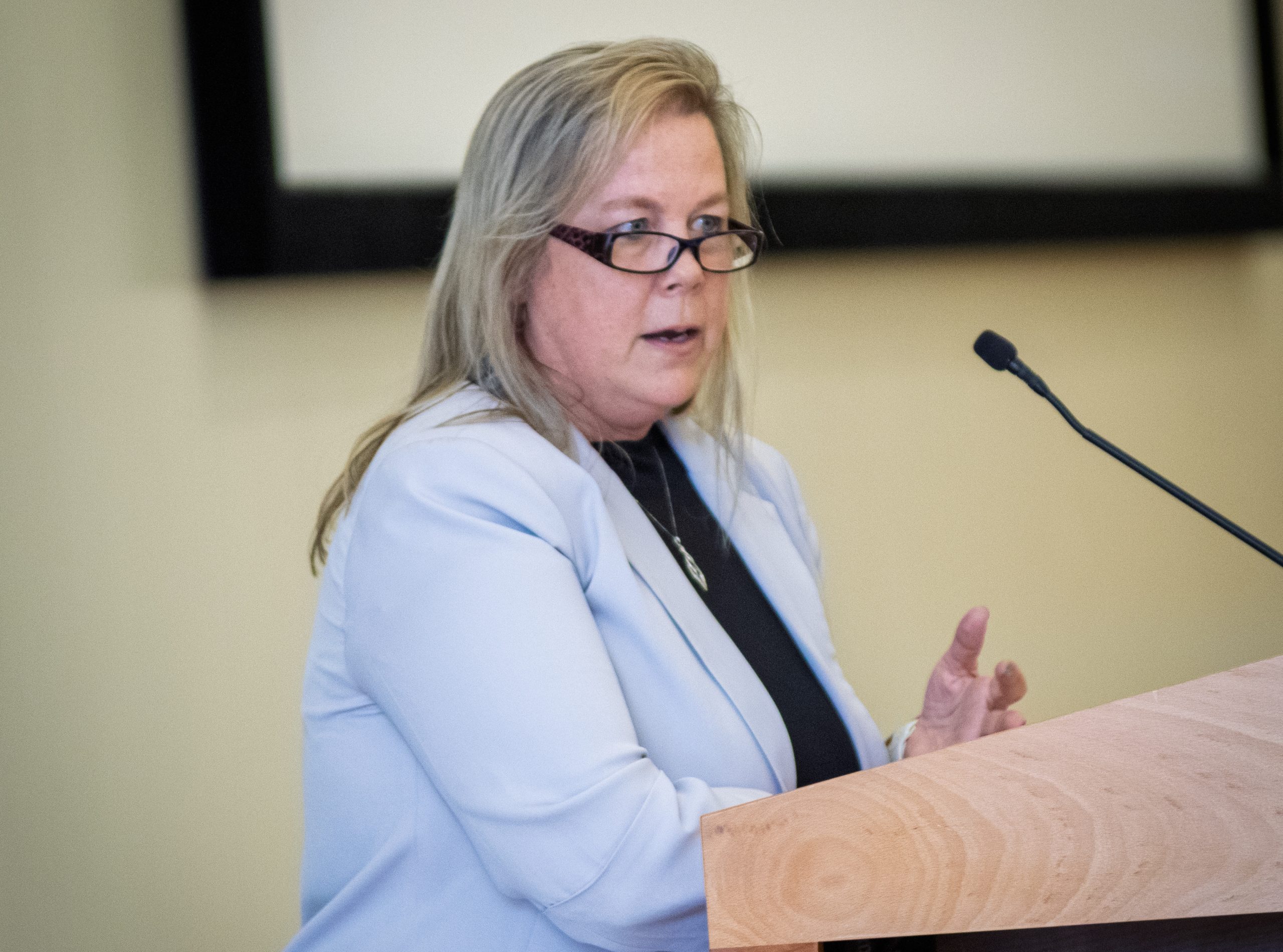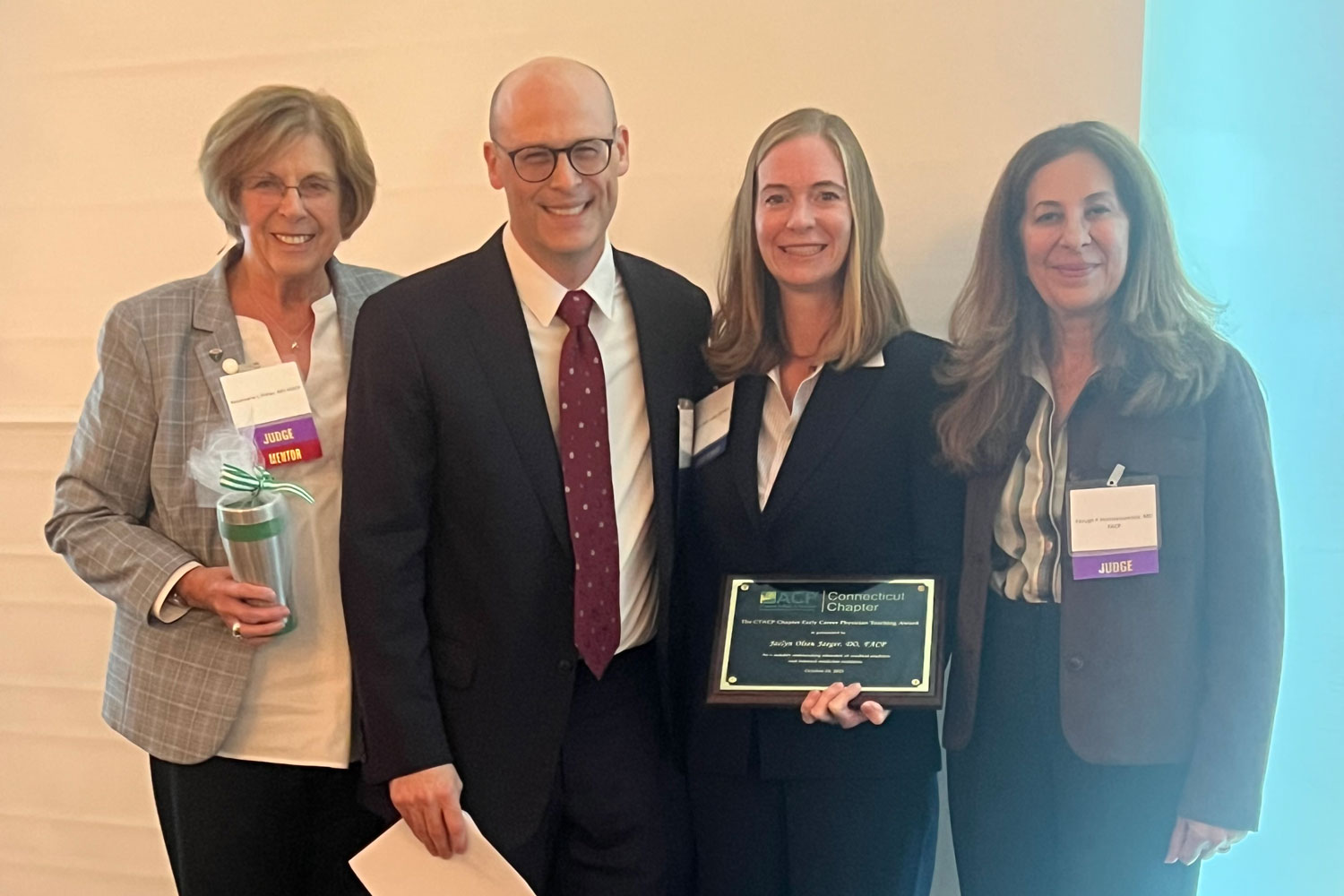Ask UConn Extension: What to Know about Raising Backyard Poultry
Raising backyard poultry is a rewarding way to enjoy fresh eggs, meat, and even companionship while contributing to a sustainable food system. Whether you’re a beginner or experienced poultry keeper, understanding the essentials of poultry selection, housing, health management, and biosecurity is key to maintaining a healthy and productive flock.
Getting Started
Before bringing home birds, check local regulations. Some areas restrict poultry ownership or limit certain species. Decide who will care for the birds and clarify your goals—whether it’s for egg production, meat, exhibition, or personal enjoyment. You’ll also need to consider housing: do you have an existing structure, or will you need to build one?
Choosing the Right Birds
Selecting birds that match your needs and climate is crucial. Popular egg-laying breeds include Leghorns, Rhode Island Reds, and Sussex, while broiler breeds like Cornish Cross are best for meat. Dual-purpose breeds, such as Plymouth Rocks and Orpingtons, provide both meat and eggs.
Temperament also matters, especially if children will be involved. Some breeds are docile and easy to handle, while others are more flighty. Climate adaptability is another key factor—cold-hardy breeds like Rhode Island Reds and Buff Orpingtons thrive in colder regions. Waterfowl options include Pekin and Rouen ducks, as well as Toulouse and Embden geese. Heritage turkey breeds, such as Broad Breasted Bronze and Narragansett, can also do well with proper care.
To ensure healthy birds, purchase from a reputable hatchery certified by the National Poultry Improvement Plan (NPIP). NPIP certification helps prevent the spread of diseases like Salmonella and avian influenza. Some hatcheries also offer vaccinations for common poultry diseases such as Marek’s disease, which is especially important for outdoor-raised chickens.
Acquiring Your Poultry
Birds can be purchased from hatcheries, farm stores, local breeders, or poultry swaps. Hatcheries offer a wide selection and ship day-old chicks directly to your home, often with vaccination options. Farm stores provide convenience but may have a limited selection and mix birds from different sources, increasing disease risks. Local breeders can offer high-quality or rare breeds but require careful vetting to ensure the flock’s health.
Regardless of where you buy, prepare a proper setup before the birds arrive. Chicks need a brooder with heat, food, and water, while older birds require secure housing. Always quarantine new birds for at least two weeks before introducing them to an existing flock to monitor for illness and prevent disease spread.
Proper Housing
A well-designed poultry house protects birds from weather, predators, and disease. Key features include:
- Shelter: A dry, ventilated space free from drafts.
- Space: At least two to four square feet per bird inside the coop, plus an outdoor run.
- Bedding: Straw, wood shavings, or sand to absorb moisture and provide comfort.
- Predator Protection: Secure coops with hardware cloth (not chicken wire), locking doors, and enclosed runs to deter raccoons, foxes, and hawks.
- Ease of Maintenance: Nesting boxes should be easy to access for egg collection, and perches should be placed at varying heights for roosting. Regular cleaning prevents disease buildup.
Biosecurity: Protecting Your Flock
Biosecurity is essential to prevent the introduction and spread of disease. Key practices include:
- Quarantine: Keep new birds separate for two weeks before adding them to your flock.
- Limit Exposure: Prevent contact with wild birds, which can carry diseases like avian influenza.
- Control Visitors: Restrict visitors to your poultry area and ensure they follow hygiene practices.
- Sanitation: Clean coops, feeders, and waterers regularly. Provide dry bedding and uncontaminated water.
Understanding Avian Influenza
Avian influenza (bird flu) is a highly contagious viral disease affecting domestic and wild birds. It spreads through direct contact with infected birds, secretions, and contaminated surfaces. Signs include respiratory distress, swelling, decreased egg production, and sudden death.
To prevent bird flu infection:
- Keep domestic poultry separate from wild birds and limit their exposure to free-range areas.
- Secure feed and water sources.
- Implement proper biosecurity measures.
- Regularly clean and sanitize all equipment and facilities.
If avian influenza is suspected, report it immediately to the Connecticut Department of Agriculture. Cooking poultry and eggs to an internal temperature of 165°F (74°C) kills the virus, making them safe to consume.
Raising backyard poultry requires planning and commitment, but it can be a fulfilling endeavor. Choosing the right birds, providing proper housing, implementing biosecurity measures, and staying informed about poultry health are key to maintaining a thriving flock. With responsible management, backyard poultry can provide fresh food and enjoyment for years to come.
Read the fact sheet, Backyard Poultry: A Quick Look at Raising Healthy Birds, for more information.
Latest UConn Today
- How’s Your Hydration? A New Tool from UConn Researchers Helps Athletes Find OutSynthesizing data from 16 human field studies, a new tool from UConn's Korey Stringer Institute aims to help athletes and the general public stay hydrated and healthy
- UConn Waterbury Dean Fumiko Hoeft Issues a Challenge, Makes Campaign Match in ‘Because of UConn’ Campaign'Student success is University success. And student success is also success for the future of our world'
- UConn Health’s Among ‘America’s Best-in-State Hospitals’John Dempsey Hospital earns Newsweek distinction 3 years running
- Driving Passion: Erika Lindeberg, Jacobs Engineering Group Inc.Academy of Distinguished Engineers inductee discusses professional and personal motivations, how she was influenced by her studies at UConn, and the importance of mentoring
- UConn Health’s Dr. Jaclyn Olsen Jaeger Recognized as Outstanding EducatorEarly Career Physician Teaching Award from Connecticut Chapter of the American College of Physicians
- UConn Medical Students Compete in Research Challenge of American Medical AssociationEight UConn School of Medicine students qualified for and competed in the exciting, national 2025 AMA Research Challenge to share their innovative research findings in virtual poster presentations Oct. 22-23.













